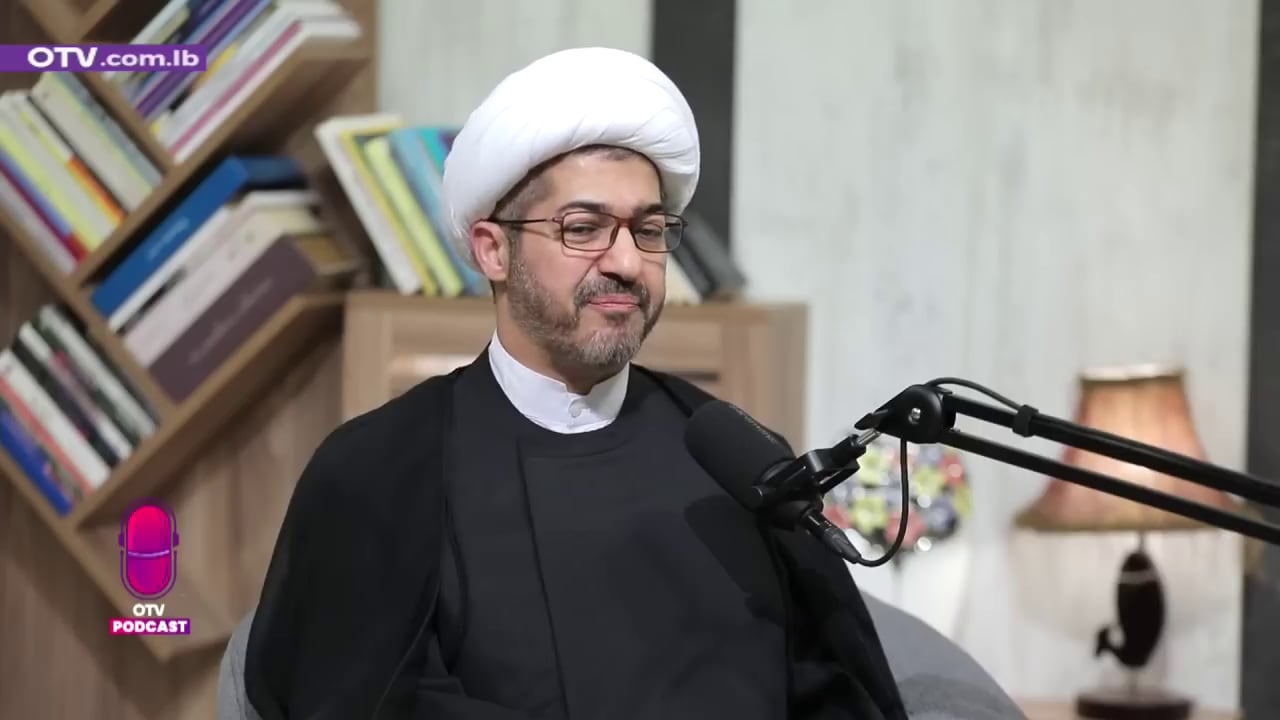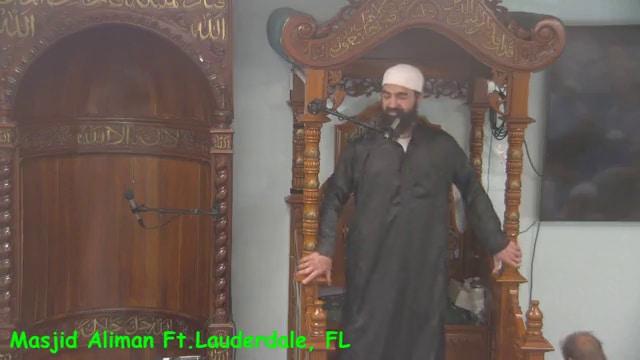
Following are excerpts from an interview with French author Thierry Meyssan, which aired on Al-Jazeera TV on November 22, 2008. Meyssan’s responses are in French, with voice-over translation into Arabic.
Interviewer: I asked him why he chose to live and work in Beirut.
Thierry Meyssan: I intend to settle down in Lebanon. I feel more comfortable here than in my own country.
Interviewer: Why?
Thierry Meyysan: Because here, I am free, whereas in my country, an iron fist controls all the intellectual activity.
Interviewer: Since when, and why?
Thierry Meyysan: Since Nicolas Sarkozy was elected, he appointed certain people to security positions, threatened people, and exerted pressure here and there. It has reached the point that there is no true freedom of expression in my country. He controls the media as well. The journalists' union has held many demonstrations, saying that something dangerous is happening in France today.
Interviewer: Can you give a specific example?
Thierry Meyysan: I received direct threats from top French officials, and that's when I realized that I don't belong in my country at present.
[...]
Interviewer: Have there been any attempts on your life?
Thierry Meyysan: Yes, last December during a visit to Latin America.
Interviewer: What happened?
Thierry Meyysan: I was holding an interview with the deputy minister of culture of Venezuela in Caracas. There were people in the room who had a clear mission. I don't know how, but they were supposed to kill me. I reported this to the Venezuelan police, which immediately deployed forces and got me out of the room.
[...]
I investigated and gathered information that shows that a specific type of missile – a hollow-charge missile – was used to destroy the Pentagon.
Interviewer: Who fired the missile?
Thierry Meyysan: I don't know, but it was not launched from some distant cave in Afghanistan.
Interviewer: What you're saying is that this was a CIA conspiracy, that the CIA launched it.
Thierry Meyysan: No, that's not exactly what I said. I said that the attack had been planned by people working in a military or industrial group in the U.S., along with collaborators in the White House and in the U.S. Joint Chiefs of Staff. I did not accuse the CIA as a whole, of course.
[...]
There are two possible ways to account for what happened. It may have been an effort to end a dispute between two rival factions in the U.S., with one not hesitating to kill the other violently. The other possibility, which I think is more likely, is that the people behind [9/11] did the planning from a CIA center, located in Building 7 in the WTC. At the end of the day, when they decided to end the attacks, which could have continued, they destroyed Building 7, thus destroying seven CIA bases, with all the evidence in them.
Interviewer: But Osama Bin Laden admitted that he was behind these attacks, and a lot of people were arrested, many of them from Saudi Arabia. It is said that most of the people who carried out the operation are known. You are saying that it's all a big conspiracy. Is Osama Bin Laden part of this American conspiracy?
Thierry Meyysan: I am not excluding anything, and I am investigating all the information, trying to establish reliability. As for Osama Bin Laden – we know him, and we know that he served U.S. interests for a long time. He used to live in Beirut, and Brzezinski came here in order to use him for the sake of U.S. interests – so that he could run the great anti-Soviet campaign in Afghanistan. We saw Bin Laden in Bosnia and Herzegovina, and he had a Bosnian passport. He established the Arab military unit in Bosnia, which operated in the service of President Izetbegovic, whose advisor was Richard Perle. Let's not forget that Richard Perle was in charge of planning the operation. We have seen Bin Laden's followers in various conflicts, including Chechnya. They always protected the U.S. against its enemies.
[...]
In July 2001, before the attacks, Osama Bin Laden was sick and was treated in the American hospital in Dubai. He continued to work for these people, and today, nobody knows whether he is still alive. If he was so sick, it is possible that he is already dead. In order for us to continue to believe that Osama Bin Laden is alive, we are given audio-tapes – and sometimes pictures – of him. Every time President Bush faces a problem in the U.S., and his popularity declines, along comes Bin Laden, and Bush's popularity rises.
[...]
A study I conducted about the political context showed that it was Israel and the U.S. who had an interest in Al-Hariri's assassination, and who stood to gain from it. But this is only a theory. We have a suspect, but we do not have a guilty verdict yet. I have specific information showing that Syria [sic, in French: the CIA] had prior knowledge of the assassination of Rafiq Al-Hariri.
Interviewer: What, for example?
Thierry Meyysan: There is a group that is financed by Syria [sic] and located in Washington. For some time, Syria [sic] was thinking of making this group more influential in the event that the Marines invaded Lebanon. After the assassination of Rafiq Al-Hariri, the group issued a communiqué, placing the blame on the Syrian government. The communiqué was issued from Washington, in the name of this group, which convened in Washington in the middle of the night. It was nighttime in Washington, but morning in Beirut. They convened in the middle of the night in order to write the communiqué. They had enough time to send it to the world's leading newspapers – not just in the U.S. and the Far East. Everybody received this communiqué.
This is strange, because the news agencies reported the assassination in Beirut, without knowing who had been targeted. Most of the news agencies received the report of an assassination in Beirut, followed by the communiqué accusing Syria. Only later did the media report that Rafiq Al-Hariri was the victim. Therefore, we are dealing with people with a media network ready in advance, which was activated several hours before the zero hour.
[...]
Interviewer: Your analysis places the responsibility for Al-Hariri's assassination on the CIA.
Thierry Meyysan: No, what I'm saying is that CIA officials had advance knowledge of the attack, and were ready to issue the communiqué accusing Syria just minutes after the attack. This shows that at the very least, there was CIA involvement in the attack. This does not mean they are guilty, but that they were collaborating.
[...]
Interviewer: What was the U.S. interest in Rafiq Al-Hariri's assassination?
Thierry Meyysan: The U.S. had a complete plan regarding Lebanon, which I detail in my book. It was expected that the Marines would invade Lebanon, but after several events, they had to give up this plan, and pass it over to Israel. This plan was postpones several times. Finally, when Israel faced difficulties for many reasons connected to Al-Hariri's assassination, it took advantage of the first opportunity it had in order to attack Lebanon.













